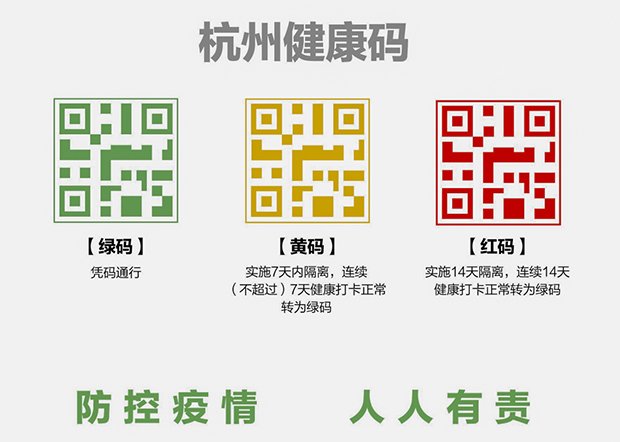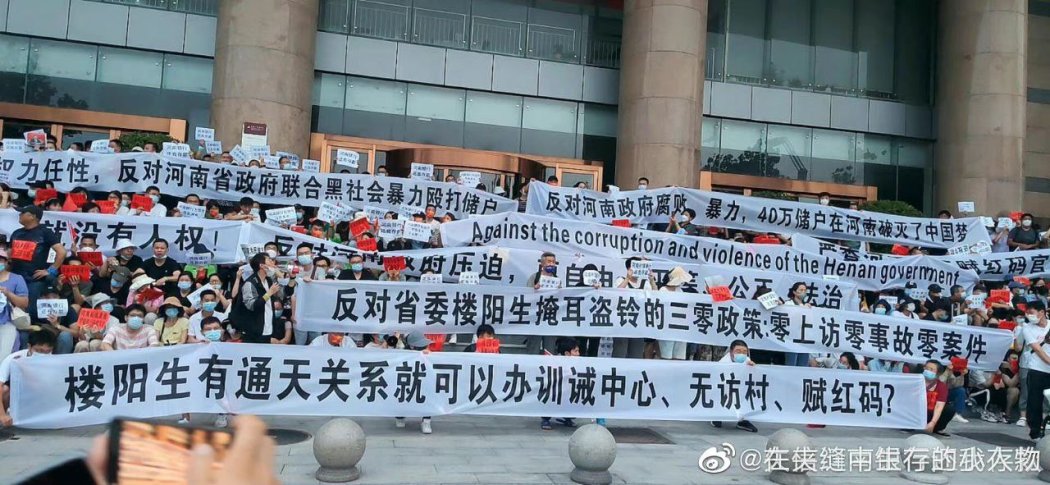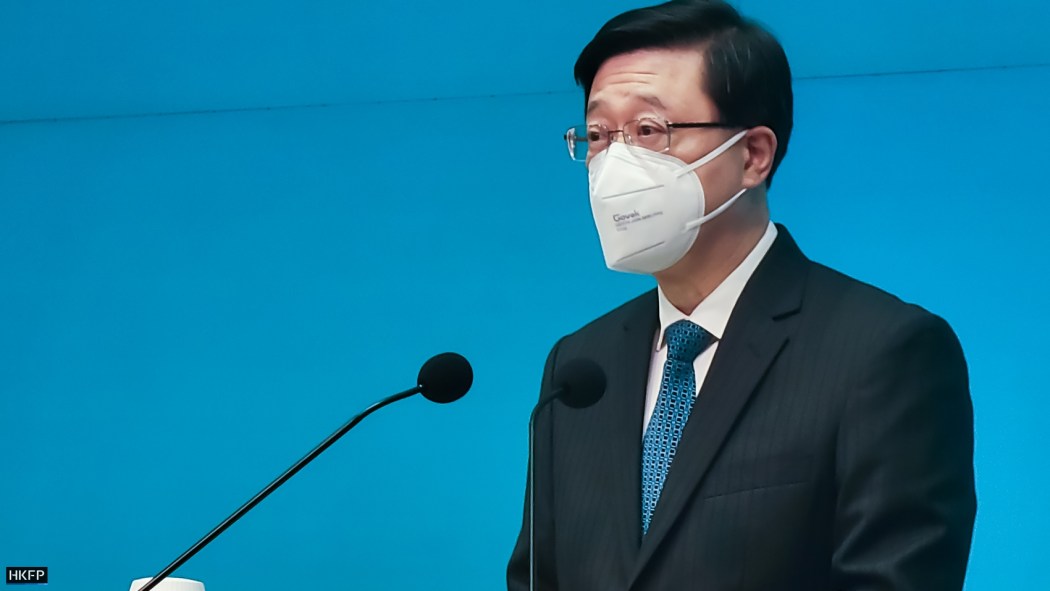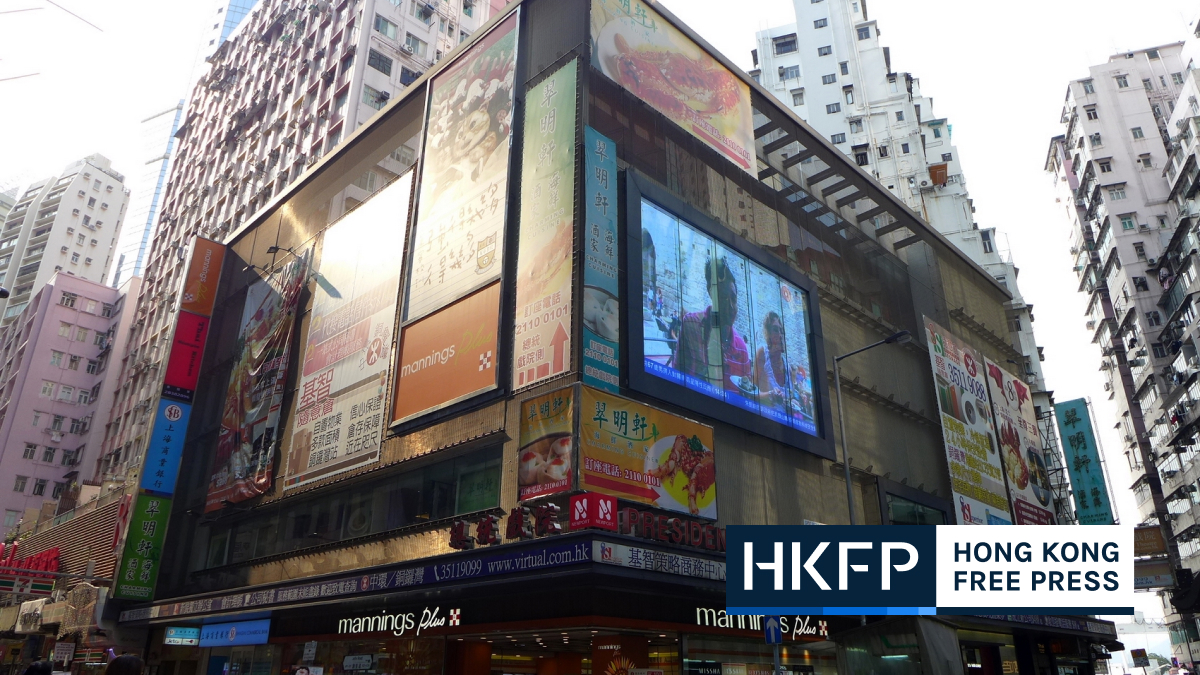More than two years into the Covid-19 pandemic, a three-colour “health code” has reshaped daily life for tens of millions of Chinese, serving as a entrance pass to workplaces, restaurants, transport and most public buildings.

A similar system may be put in place in Hong Kong soon, sparking fears among some residents about possible misuse. There have been reports of abuse of the code on the mainland to stifle protests and curb the movements of dissidents.
What is China’s health code?
China’s health code system introduced in 2020 restricts people’s movements based on their Covid-19 status and the health risk they may pose. Residents must input information such as their name, identity card number, travel history, health status and any contact with infected people through an app. A QR code will then be generated – different colours dictate whether a person can travel freely or not.
In 2021, health authorities announced that the system would automatically retrieve certain information from big data, such as Covid-19 test results and vaccination records.
What do the colours mean?
China’s health code system has three colours: red, yellow and green. Different provinces or cities may have different rules. But Hangzhou city in Zhejiang province, the first place to enact the health code in February 2020, stated that a red code means a person must observe 14 days of quarantine. A yellow code means a seven-day isolation while a green code basically means no restrictions imposed.
Controversy over abuse
There have been concerns on the mainland that the code can be used as a tool to quell protests and dissidents. In June this year, authorities allegedly blocked disgruntled bank customers from travelling to a protest at Zhengzhou in Henan against the freezing of bank withdrawals by turning their health codes to red.

Some residents slammed the move as “abuse of power” on Weibo, China’s version of Twitter.
Human rights activists have also reportedly experienced the same treatment. In November last year, rights lawyer Xie Yang missed a trip to Shanghai to visit the mother of a jailed pro-democracy activist after he was given a red health code. He said the code turned back to green the next day.
Will Hong Kong enact a health code?
Hong Kong recently raised the possibility of launching a similar health code system amid the latest Covid outbreak. The government this week said Hong Kong’s version would include a red and yellow code but would only target a small group of people.
“The red code is intended to identify people who have been infected. And they should not be going around to spread the virus. And the second group is also very small and well defined, which are the people who are now being kept in a quarantine hotel. We introduced this yellow code for them so that when we design measures to allow them to have some limited activities, business can continue in a much [more] normal way,” Chief Executive John Lee said on Tuesday.

Lee said the measures would only be used to combat the epidemic, adding: “If anyone tries to stir trouble on this aspect, I can tell you that this is not the truth, and the public should not believe it.”
A similar system was mulled by Lee’s predecessor Carrie Lam, who proposed the health code be used on a voluntary basis by people who wished to travel to the mainland without undergoing quarantine. The plan fell through after Hong Kong, facing a fifth wave of the pandemic, failed to secure a deal with the mainland to resume quarantine-free travel.
What do activists say?
Pro-Beijing politicians have long pushed for the code to be implemented in Hong Kong so that cross-border travel could resume and economic ties with the mainland revived.
But activists raised have privacy concerns, saying many fear that authorities could use the system to track individuals’ locations and restrict their movements for political reasons.
Support HKFP | Policies & Ethics | Error/typo? | Contact Us | Newsletter | Transparency & Annual Report | Apps
Help safeguard press freedom & keep HKFP free for all readers by supporting our team















